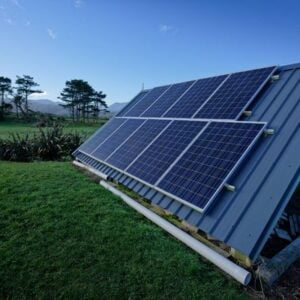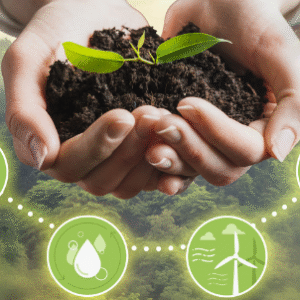The Sustainable Energy Fund for Africa (SEFA), managed by the African Development Bank, has committed $8 million as part of a $26.5 million financing package for the 32 MWp Ilute Solar Project in Western Zambia. This investment supports a new Independent Power Producer (IPP) model that aims to expand clean energy access while encouraging regional electricity trade.
The Ilute Solar Project will operate under a market-based Power Purchase Agreement (PPA) with GreenCo Power Services Ltd, a regional power trader engaged in the Southern African Power Pool (SAPP). This approach eliminates the need for sovereign guarantees and avoids placing additional financial pressure on the Zambian government’s balance sheet. The project is positioned as a replicable model for other African countries looking to attract private capital and deepen regional energy integration.
The financing agreement was officially signed on June 19 during the Africa Energy Forum in Cape Town. Signatories included SEFA, represented by Daniel Schroth, Director for Renewable Energy and Energy Efficiency at the African Development Bank, as well as project partners Serengeti Energy, Kwama Energy, EDFI Management Company, and FMO.
The project structure reflects SEFA’s strategic commitment to promoting innovative and financially sustainable solutions for Africa’s energy sector. According to Schroth, SEFA’s participation is crucial in making the Ilute Solar Project viable, particularly due to its unique financing model and its potential to strengthen cross-border power infrastructure and trade.
The Ilute project directly supports Zambia’s goals to use the SAPP as a platform to mobilize private investment, improve energy reliability, and modernize its power system. It is also in line with the African Development Bank’s broader energy strategies, including the New Deal on Energy for Africa and the M300 initiative, both aimed at accelerating access to sustainable energy on the continent.
In addition to its technical and financial innovations, the Ilute Solar Project includes a biodiversity and community development component. A biodiversity plan developed with the World Wide Fund for Nature (WWF) ensures that 1% of the project’s annual revenue is directed to a locally governed community trust. This trust will fund development projects prioritized by the community, helping to deliver long-term social and environmental benefits alongside clean energy.




